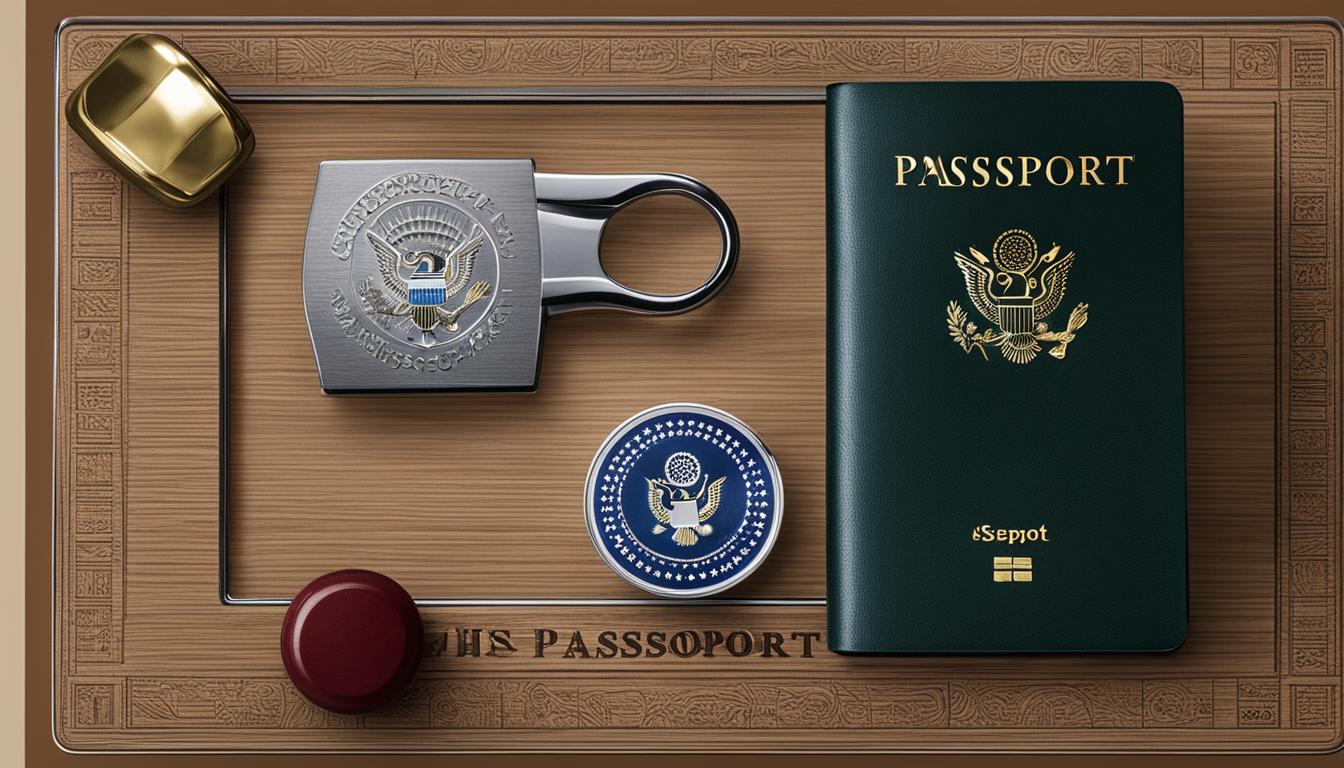
When it comes to travel essentials, the weight of a passport may not seem significant at first. However, there are situations where every gram matters, such as when sending your passport by mail or when packing your hand luggage for air travel. So, it’s worth considering how much your passport weighs. Let’s explore the weights of different passport types and other interesting passport facts.
Passport booklets are essential documents that allow us to travel freely across borders. While their primary purpose is to grant us access to different countries, passports also hold various interesting facts. Have you ever wondered how much a passport weighs? Well, let’s find out!
How Much Does a UK Passport Weigh
A typical UK passport, whether it’s for an adult or a child, weighs around 30 grams. However, this is just a rough estimate as the weight can vary depending on certain factors.
Old-style passports issued in the early 2000s or before can weigh approximately 50 grams due to small design and material differences. So if you have an old-style passport, it might be slightly heavier than the standard ones currently in use.
On the other hand, if you opt for a jumbo passport with 50 pages for visas and stamps, expect it to weigh around 50 grams even when it’s empty. The additional pages add to the overall weight of the passport, making it slightly heavier than the standard version.
If you’re someone who loves to travel and fill your passport with memories, a full passport with every page filled can weigh slightly more than 50 grams. So keep in mind that as you explore the world and collect those stamps, your passport might become a bit heavier.
It’s important to note that these measurements can change over time as passport systems and security features get updated. So it’s always a good idea to check the specific weight requirements with the relevant authorities before making any assumptions.
Overall, the weight of a UK passport, whether it’s a standard, old-style, jumbo, or full passport with a cover, is generally manageable and won’t cause any significant issues when traveling. So pack your bags, secure your passport, and embark on your next adventure with ease!
Factors Affecting Passport Weight
When it comes to the weight of a passport, several factors contribute to its overall heaviness. Understanding these passport weight contributors can provide a clearer insight into why passports vary in weight:
Coatings: Passports are coated with materials like polycarbonate and tamper-evident laminate, which add to the overall weight.
Security Features: Essential for preventing counterfeiting, security features such as holograms, microprinting, and UV-sensitive elements also contribute to the weight of a passport.
Number of Pages: Thicker passports with more pages naturally weigh more than those with fewer pages.
Inlays and Chips: E-passports, which incorporate inlays and chips for enhanced security, incur additional weight compared to traditional passports.
Passport Cover: The type of passport cover, especially those made by the passport office, can also add to the overall weight.
Photo Paper: The choice of photo paper used in passport production can affect the weight of the document.
Despite these passport weight contributors, it’s important to note that passports are generally not significantly heavy and typically won’t pose any issues when traveling. So, whether you’re embarking on a new adventure or renewing your passport, the weight is unlikely to be a cause for concern.






